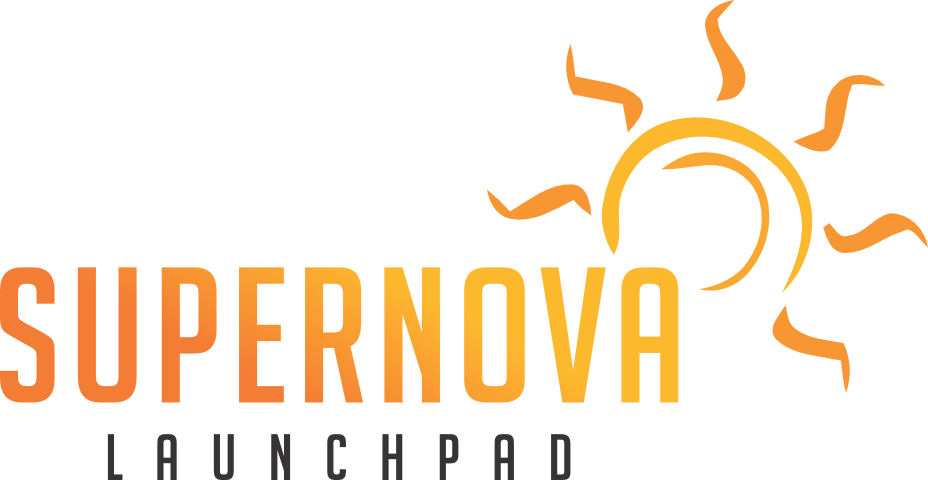
In today’s fast-changing world, education is evolving rapidly, and traditional methods of studying are giving way to digital approaches. With increasing digital literacy, students now have access to tools and apps that make learning more organised, flexible, and engaging.
For instance, apps like Google Calendar allow students to plan their timetables, set reminders, and manage deadlines effectively. Instead of spending hours searching in libraries, learners can instantly access study material, research papers, and project resources online with just a click.
Technology has also opened doors to personalised learning. Platforms such as Duolingo provide customised language-learning plans, while apps like ChatGPT and Jamming can help summarise notes, explain difficult concepts, and make studying more interactive. Online learning platforms including Coursera and Khan Academy further expand opportunities by offering courses from global experts, often for free or at a low cost.
Another advantage is the variety of formats available. Students can now learn through videos, podcasts, quizzes, or interactive flashcards—choosing whichever method best suits their style of understanding. This flexibility ensures that learning feels less like a burden and more like a meaningful process.
Key Points:
- Plan smart, never miss a deadline.
- Knowledge at your fingertips.
- Learn a new language, anytime, anywhere.
- Turn tough notes into simple ideas.
- Global courses, local learning.
- Study your way – video, quiz, or podcast.
- Digital skills, future ready.
- Save time, learn faster, shine brighter.
The shift towards digitalisation is nothing short of revolutionary. Students today are growing up digitally fluent, which not only makes their academic journey smoother but also prepares them for the future. Knowing how to use technology effectively is now considered an essential skill in almost every career.
Ultimately, using technology for studies is not about replacing traditional learning but about enhancing it. By embracing these tools wisely, students can save time, boost productivity, and become more confident, independent learners—ready to succeed in both education and life beyond the classroom.
